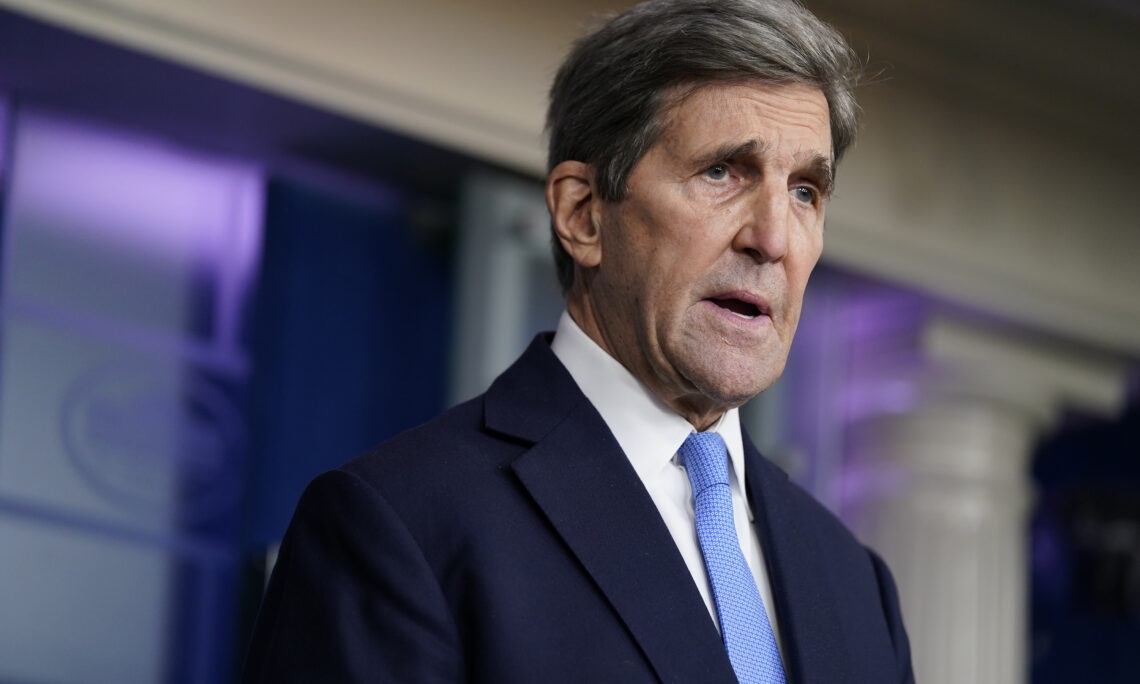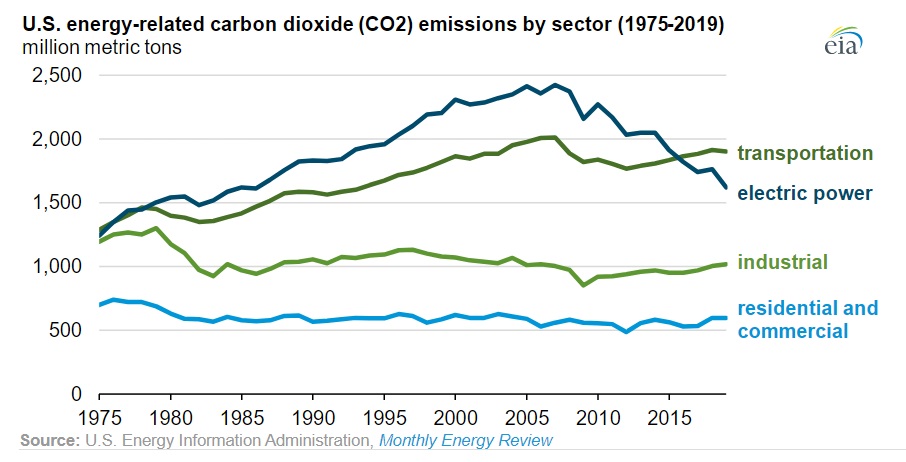Amid all the showbiz of the climate summit, I think the most important remarks this week have come from John Kerry, President Biden& #39;s special envoy. More than anything else we heard, they give a sense of the administration& #39;s approach to climate policy. (1/x)
Yesterday Kerry was asked the very reasonable question: How do you intend to achieve the US NDC? The NDC document filed with the UNFCCC does not give much of an indication. (2/x) https://www4.unfccc.int/sites/ndcstaging/PublishedDocuments/United%20States%20of%20America%20First/United%20States%20NDC%20April%2021%202021%20Final.pdf">https://www4.unfccc.int/sites/ndc...
Kerry said there was a lot the administration could do to implement its agenda using regulations and executive actions. But climate policy on that basis can be undone by the next administration fairly easily. It is not much of a long-term strategy. (3/x)
The interesting part was the way Kerry addressed that point, by emphasising the importance of the private sector. "It’s not because the government is directing those things to happen; the marketplace is doing this," he said. (4/x)
Kerry& #39;s key quote of the day: "That is the real reason why I’m saying to you that no politician in the future is going to undo this because, all over the world, trillions of dollars, trillions of yen, trillions of euros are going to be heading into this new marketplace." (5/x)
And on the shift to EVs: "How do you prevent somebody from coming along and preventing the stroke-of-a-pen change?... Because the world, as a whole, is moving in this direction; because these companies have made this critical, long-term, strategic marketing judgment... (6/x)
"And that is the way the market is moving. No politician, no matter how demagogic or how potent and capable they are, is going to be able to change what that market is doing, because it will have moved. It’ll have four years of entrenchment. And those jobs will be there." (7/x)
The past 20 years in US energy offer evidence to support this approach. President Obama& #39;s policy for cutting CO2 emissions from power generation never took effect. But emissions have fallen faster than the plan envisaged, because of the shift from coal to gas and renewables (8/x)
That shift happened because of the shale gas boom and the plunging costs of wind and solar power. State policies and federal tax breaks helped, but it was fundamentally driven by the private sector. (9/x)
And when President Trump came into office, promising to "bring back coal", he found it very difficult to do. His administration tried a variety of approaches, but coal-fired power in the US continues to decline. (10/x)
That is why I think John Kerry& #39;s confidence in the shift to EVs and the continuing decarbonisation of the power sector is well-founded. They are being driven by corporate decisions that a future administration will find difficult to reverse. (11/x)
That is different from saying we can be confident the US will hit its NDC goal, or that the world will achieve the Paris objectives, thanks to private sector decisions. These are hugely challenging tasks, and as @fbirol just said, the pace of change is not now fast enough. (12/x)
But it is a reason to think that, although administrations will come and go, the US will be on a continuing course towards lower-carbon energy. (13/13)
A final thought from John Kerry: "The future belongs to the countries... that are the ones who develop green hydrogen fuel, or battery storage, or direct carbon capture for the atmosphere. Some technology is going to break through here, folks."

 Read on Twitter
Read on Twitter



